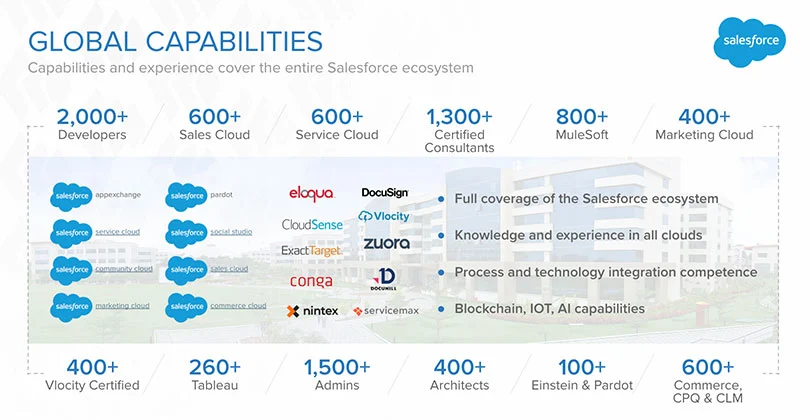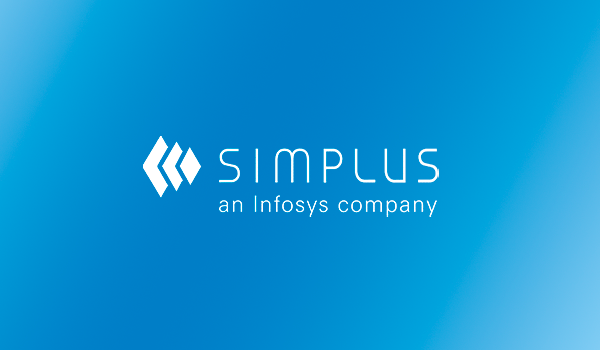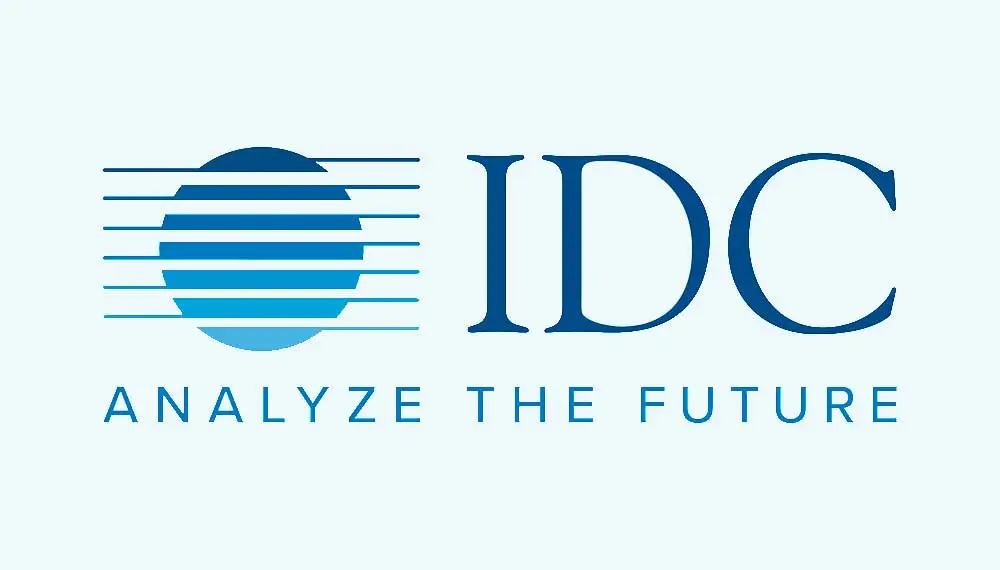The healthcare and life sciences sectors are undergoing significant transformation in 2024, driven by an evolving understanding of patient care, data management, and the role of automation. As organizations strive to balance cost efficiencies with improved outcomes, three key trends were the primary focus in our observation of the industry this year: a shift from Customer Data Platforms (CDPs) to more holistic data management strategies, a focus on automation for brokers, and a heightened emphasis on patient-centered care. Let’s explore these developments in detail and their impact on the industry.
Emphasis on CDP Yielded to a More Holistic Push for Data Management
In recent years, many healthcare organizations have relied on Customer Data Platforms (CDPs) to centralize and streamline patient and customer data. While CDPs were effective in offering a unified view of patient interactions across different touchpoints, by 2024, the focus has evolved to broader, more holistic data management strategies. Healthcare organizations now understand that a singular view of a patient or customer isn’t enough. The challenge is integrating a wide variety of data from disparate systems—clinical, operational, financial, and patient-generated sources—into a cohesive whole.
This shift has led to the adoption of more comprehensive data management solutions. Salesforce’s Data Cloud has emerged as a key tool in this transition. By allowing healthcare organizations to bring together patient data from multiple silos and harmonize it into a single, actionable dataset, Data Cloud facilitates a 360-degree view of patient journeys and organizational operations. Data is no longer just about transactional records; it’s about actionable insights that can inform decision-making, improve care coordination, and drive personalized health interventions.
With the explosion of data generated from electronic health records (EHRs), wearables, and patient portals, a fragmented approach to data management simply isn’t enough. Healthcare leaders now understand that mastering their data infrastructure—whether through AI-driven analytics, predictive modeling, or real-time data synchronization—will lead to a more agile, responsive, and patient-centric system. Solutions like Data Cloud empower organizations to move beyond just managing data to truly unlocking its value, turning raw data into a strategic asset.
Brokers Prioritized Automated Tools for Efficiency
In the fast-evolving world of healthcare insurance, brokers have faced increasing pressure to streamline their operations and improve efficiency. With more complexity introduced by health plans, reimbursement models, and patient needs, brokers have had to adopt more sophisticated tools to manage their workloads. In 2024, automation has become a cornerstone for brokers, with many turning to platforms like Health Cloud from Salesforce to simplify and enhance their processes.
Health Cloud’s broker management tools have seen significant upgrades in recent months, offering enhanced capabilities for automating everything from client onboarding to policy renewals and claims management. These tools help brokers by automating routine tasks, such as data entry, document management, and reporting, allowing them to focus on more strategic tasks like advising clients on plan options and making recommendations that drive better outcomes.
Moreover, Health Cloud has introduced more advanced integrations with AI-powered tools that can analyze trends, predict client needs, and offer proactive solutions. Brokers can now provide highly personalized advice by leveraging deep insights into individual healthcare journeys, improving both client satisfaction and retention. The role of automation is not just about efficiency—it’s about helping brokers become trusted advisors to their clients in a complex, fast-changing healthcare landscape.
As we move deeper into 2024, brokers are becoming more reliant on these technologies to maintain a competitive edge, reduce operational costs, and improve the overall experience for their clients.
Patient-Focused Care Dominated Value Discussions
At the heart of every transformation in healthcare today is the desire to improve patient outcomes. As discussions around value-based care continue to dominate the healthcare landscape, 2024 has seen a sharp increase in the emphasis on patient-centered care. Unlike traditional fee-for-service models, which reward providers based on the volume of care delivered, value-based care focuses on delivering better outcomes at lower costs, putting the patient’s experience and needs at the forefront of decision-making.
This patient-first mentality is driving healthcare organizations to rethink everything from care delivery to patient engagement strategies. Providers are leveraging technologies to create more personalized, holistic care plans that consider not just the clinical aspects of treatment, but also the social, economic, and behavioral factors that influence health. Tools like Health Cloud are enabling providers to track and manage patient journeys across different stages of care—whether that’s through routine check-ups, chronic disease management, or post-care follow-ups.
Importantly, this shift has been reinforced by the rise of telehealth, wearables, and patient portals that allow patients to take a more active role in their health management. In 2024, the integration of these tools into the broader care continuum has further pushed the idea of patient-centric care, with real-time data from devices being integrated into care plans and treatment decisions. By making data more accessible to both patients and providers, these technologies ensure that healthcare is not only more personalized but also more transparent.
The value of patient-focused care is clear: better outcomes, improved patient satisfaction, and greater cost efficiency. Healthcare organizations in 2024 are focusing on not just meeting clinical targets, but creating systems that empower patients to make informed decisions, adhere to treatment plans, and ultimately lead healthier lives.
2024 has been a year of significant transformation in the healthcare and life sciences industry. From data management strategies evolving from CDPs to a more integrated, holistic approach, to brokers leveraging automation tools to enhance efficiency, to an overwhelming focus on patient-centered care, these changes are reshaping how care is delivered and experienced. As healthcare organizations embrace new technologies, data strategies, and value-based care models, the ultimate beneficiaries will be patients, who are now at the center of every decision, innovation, and improvement.






















































0 Comments